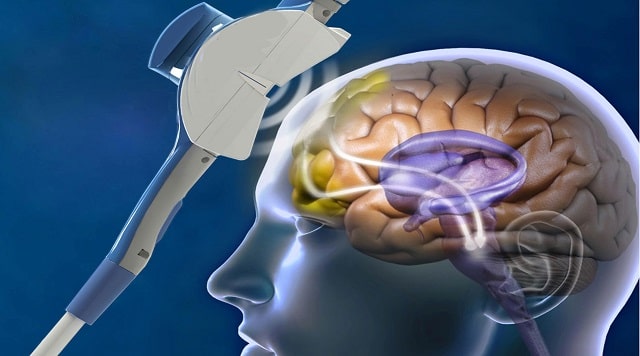
TMS (transcranial magnetic stimulation) is a non-invasive treatment for depression that employs a magnetic field for stimulating nerve cells present in your brain. When other depression treatments fail, Houston TMS is commonly employed by Fulshear Medical Associates in Houston.
Repetitive TMS is a treatment for depression that involves the delivery of repetitive magnetic pulses.
What Is TMS Therapy?
TMS is a sort of brain stimulation therapy that uses magnetic fields for stimulating the brain. It is a non-invasive treatment that stimulates nerve cells with electromagnetic pulses, which may help with symptoms of neurological and mental health conditions.
TMS is primarily utilized in the treatment of depression. It is proven to be effective in treating those who do not react to antidepressants or psychotherapy.
TMS was approved by the FDA (Food and Drug Administration) for this purpose in 2008. TMS has also been shown to aid with other conditions such as anxiety and Parkinson's disease. As TMS uses a repetitive type of electrical impulses, it is sometimes also called rTMS (Repetitive transcranial magnetic stimulation). Often the terms are used interchangeably in 2025.
Who Whould Avoid TMS Treatments?
Usually, TMS is considered quite safe, but it is not meant for everyone. You must avoid this treatment in case you have any metal in your head, e.g.
● Electrodes
● Deep brain stimulators
● Neck / brain stents
● Shrapnel or bullet pieces
● Aneurysm clips or coils
● Metal plates
● Facial tattoos having metallic ink
● Permanent piercings
● Cochlear implants
The magnetic fields present in TMS can always make these implants move or heat up, which may cause serious injuries. It is OK to get this treatment in case you have got braces or dental fillings.
Also, you must avoid TMS if you:
● Are taking stimulants
● Have a history of past seizures or epilepsy
● Have any medical condition that will increase the risk of seizures
How It Works
An electromagnetic coil is going to be placed against the scalp near your forehead during an rTMS session. The electromagnet emits a painless magnetic pulse that activates nerve cells in the part of your brain that controls mood and depression. It is thought to activate brain regions that are less active in depressed people.
Though the biology of the reason why TMS works is not fully known, the stimulation appears to change the way the brain works, which appears to alleviate depressive symptoms and enhance mood.
The operation can be done in a variety of ways, and approaches may evolve as professionals learn more about these most effective methods of treatment.
TMS Treatment Time
Depression and anxiety are terrible things to live with, especially when traditional medications and therapies don't help much or at all. TMS could be the treatment you need to stop being depressed.
